Iran
Latest
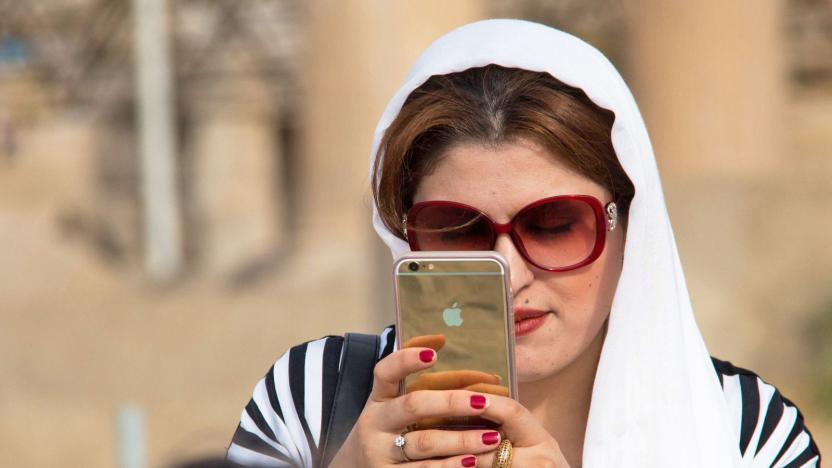
Apple removes apps from Iran following US sanctions
Apple has been cracking down on Iranian apps over the last few weeks, removing those that offer food delivery, shopping and ride-hailing services, among others from its App Stores. Due to US sanctions on Iran, companies like Apple are limited in the sorts of business they can do in the country, which is why the iPhone isn't legally sold in Iran and why there's no Iranian App Store.
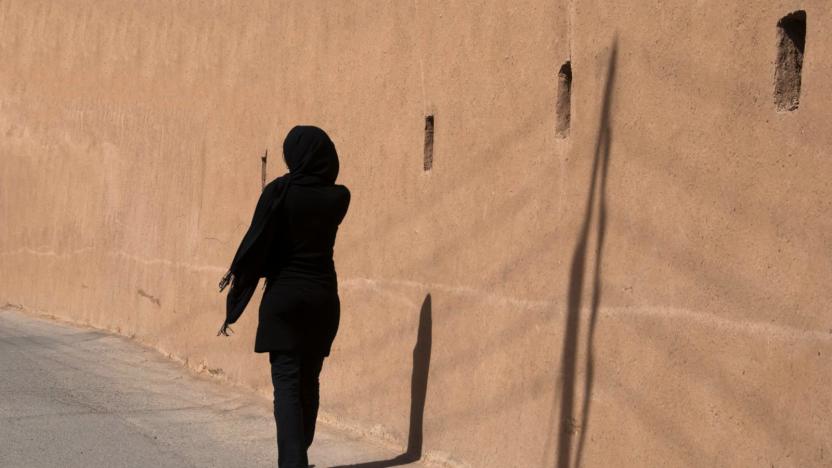
Period tracker secretly gives Iranian women access to vital info
A period tracker's function is pretty self-explanatory, unless it's an app called Hamdam that sprung out of IranCubator. According to Buzzfeed News, it was deliberately designed to be a Trojan Horse, an application masquerading as a period tracker meant to secretly provide Iranian women access to information that could prove vital to their health and security. They could use it to look for more info about birth control, women's health issues, divorce, domestic violence, rape, sexual harassment and STDs. The app also notes the legal language they can use in a marriage contract to fortify their rights when it comes to child custody and the ability to work, to go to school or to seek a divorce.

ZTE will pay $1.19 billion for violating US trade sanctions
ZTE is still feeling the pain from its alleged violation of US trade sanctions against Iran and North Korea. The Chinese tech giant has reached an agreement with the Commerce Department to both plead guilty to violation charges and pay a total of $1.19 billion ($892 million in the Iran case) as a penalty. That's a stiff cost, but ZTE didn't have much choice. The US' sanctions against the company, suspended while the two sides negotiated a deal, would have crippled its business by largely denying access to crucial American parts like Qualcomm's mobile processors.
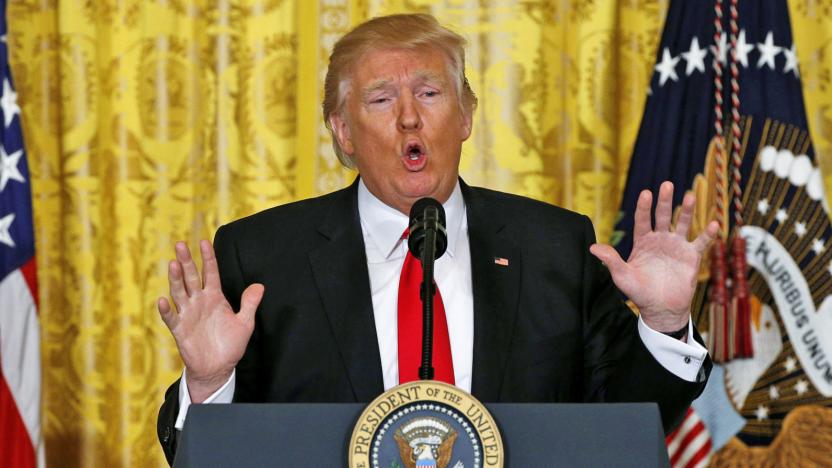
President Trump plans to order a new travel ban next week
President Donald Trump said he will sign an executive order next week that updates his contentious January 27th ban on travelers and refugees from seven majority-Muslim countries. Last week, a federal appeals court ruled to keep a stay on the president's travel ban, which has been openly opposed by leaders in the technology industry including Google and Facebook. The new executive order will address the legal pitfalls that have paused the first travel ban, Trump said at a press conference today. "The new order is going to be very much tailored to what I consider to be a very bad decision," he said. "But we can tailor the order to that decision and get just about everything, in some ways more, but we're tailoring it now to the decision."
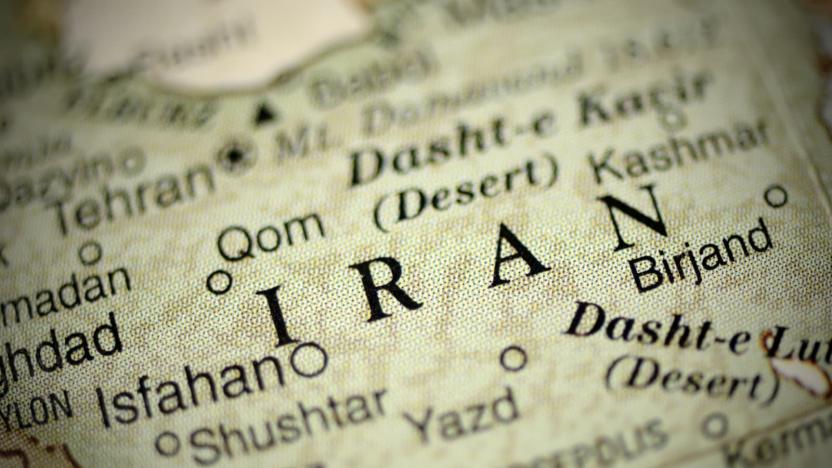
RadiTo podcast app sidesteps Iran's censorship
Fighting censorship has become an active part of life in the future we live in. To help combat it in Iran, the RadiTo app offers programming from the BBC, Iran's Radio Farda and Radio Zamaneh from Amsterdam. As Wired reports, it's available on Android and is "uniquely suited to the conditions of the country's internet." Meaning, it apparently works on slow data networks, shows can be downloaded for offline listening and programming is in a variety of under-served dialects.

Iran censored porn so hard it broke the internet in Hong Kong
If you had trouble visiting explicit websites in the last few days, the fault may have come from an unexpected source: Iran. According to a new report from The Verge, a recent attempt to block pornography websites in the country's borders hampered access in Russia, Hong Kong and other nations in the region. What happened? Apparently, Iran's national telecom abused the honor system.

Iran bans 'Clash of Clans' for encouraging tribal conflict
The Iranian government has been censoring internet for years to keep its citizens from exposing themselves to content it deems inappropriate or radical. Now the people have been saved from another toxic scourge: The mobile game Clash of Clans. The country's Ministry of Justice has recommended the app be blocked under the auspices of protecting youth from its influence, which the government claims promotes tribal warfare.

'1979 Revolution' lands on Android
1979 Revolution: Black Friday is a powerful adventure game about a photojournalist, Reza, who gets tangled up in the movement to overthrow the Shah of Iran around 1979. And now, the complete game is on Android. 1979 Revolution hit Google Play today for Android devices, following its launch on PC, Mac and iOS earlier this year.
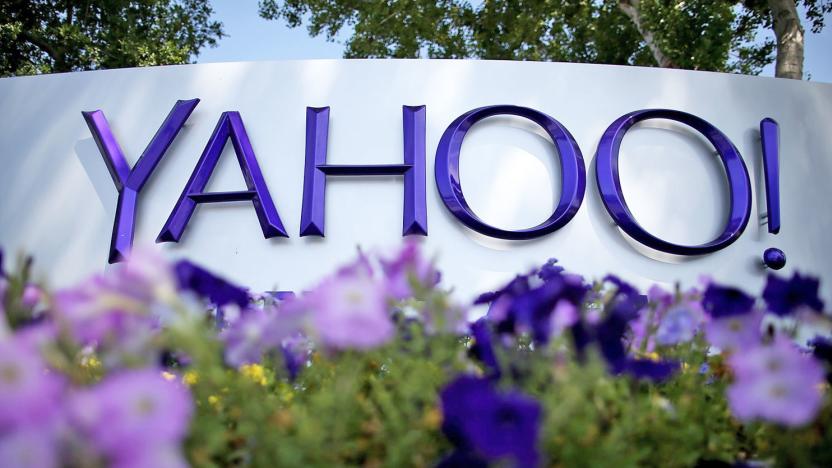
Lawmakers demand answers from White House over Yahoo emails
Four dozen members of the US House of Representatives, acting as a bipartisan bloc, have requested that the Obama Administration brief them on allegations that Yahoo improperly scanned user emails at the behest of the Foreign Intelligence Surveillance Court.
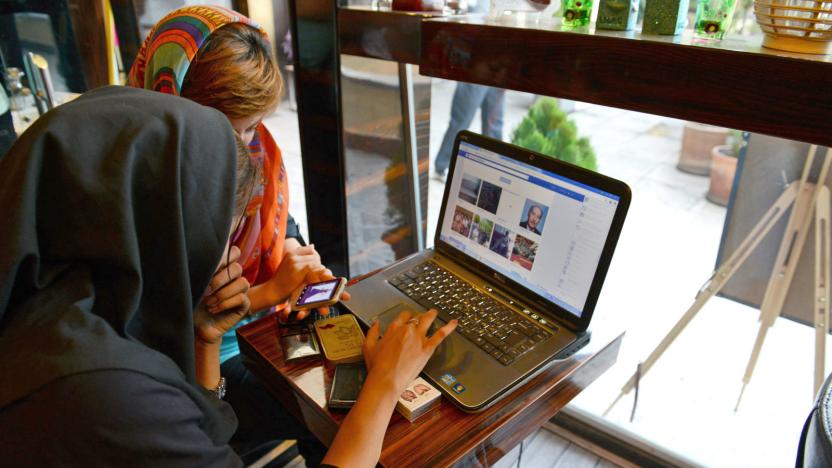
Iran launches the first part of its national data network
Iran made a lot of fuss about creating a national data network way back in 2005, and after 11 years it's finally ready... sort of. The country has launched the first phase of the network, which promises speeds up to 60 times faster than conventional internet in the area thanks to both local data centers and high-speed fiber optic lines. It'll only truly be finished by March 2017 (when the second and third phases will be in place), but the government claims that it'll be a "reliable, stable and safe" network that improves Iran's economy and overall independence.

Iran bans 'Pokémon Go' over security jitters
A number of governments are already nervous about the security implications of Pokémon Go, but Iran is taking that fear one step further: it just became the first country to ban the critter catching game entirely. The nation's High Council of Virtual Spaces wouldn't say what prompted the decision besides "security concerns." However, it comes after reports that Iran wanted to see what cooperation it could get from Niantic before taking action.

Iranian hackers compromise Telegram's secure messaging
Telegram prides itself on private messaging that lets activists escape government censorship and crackdowns, but it might have a crisis on its hands in Iran. Security researchers speaking to Reuters say that an Iranian hacking group has not only breached over a dozen Telegram accounts, but identified the phone numbers of over 15 million of the service's users in the country. The intruders reportedly intercepted SMS authentication codes and used those to add devices to their accounts, letting them read messages and impersonate others. To get the phone numbers, they took advantage of a Telegram programming interface.

'1979 Revolution' arrives on iOS following Iranian ban
Shortly after its release in Iran, the country's government banned the sale of 1979 Revolution, a game that allows players to witness the unrest as a photojournalist. Created by former Rockstar Games developer Navid Khonsari, the title combines video games and documentary filmmaker for a first-hand look at the events in Tehran in the late 1970s. The Iranian government didn't think too highly of the project, as the National Foundation for Computer Games (NFCG) announced a plan to block sites like Steam and others that were selling the game less than two days after its April release. The NFCG called it "Anti-Iranian" and proceeded to confiscate copies of the title as well.
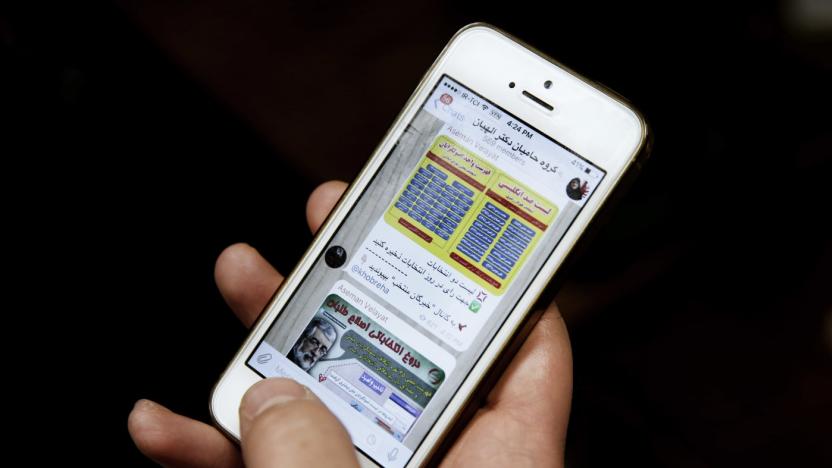
Iran orders messaging app makers to store data inside the country
Iran's attempts to stifle dissenting views through online censorship don't usually work all that well, so it's trying a new strategy: bringing more of that data within its own borders. It's ordering messaging app developers to move all their Iranian users' data to the country within the next year if they want to "ensure their continued activity." It's not hard to see Iran would do this, of course -- in theory, this makes it easy to delete unwanted content, spy on traffic and seize servers.

Satellite TV is helping Iranians bypass internet censorship
People who live in countries with a strict nationwide internet filter always come up with ways to get around it. In Iran, according to Wired, people are using satellite TV and a free anti-censorship system called Toosheh. While Iranians do use VPN to bypass the filter, their crippling internet speeds make it hard to stream videos or download bigger files. The system gives them a way to get 1GB of data within 60 minutes. Users simply have to plug a USB stick into the set-top box, access Toosheh's channel that doesn't show anything besides text instructions and set the receiver to record.
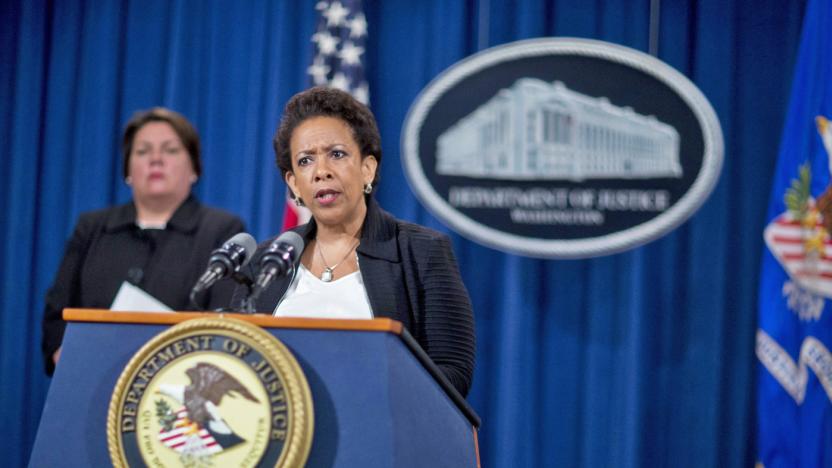
Feds indict seven Iranians for hacking banks, NY state dam
Just days after accusing Syrian hackers of a wide range of crimes, US Attorney General Loretta Lynch unsealed an indictment against seven Iranian nationals on Wednesday, charging that the men launched dozens of denial of service attacks against targets beginning in 2011. These included the cybersystems of numerous US banks including JP Morgan, PNC and Capital One, as well as the NYSE and AT&T. They are even accused of trying to take control of a small dam in Rye, NY at one point.

Iranians are using crowdsourcing to avoid 'morality police'
In spite of their overbearing government, the people of Iran remain culturally liberal. And now a new app named Gershad aims to help young Iranians avoid Ershad, the country's infamous "morality police." Ershad agents are tasked with ensuring Iranians follow strict rules on clothing and conduct. Part of this includes setting up checkpoints around town and randomly inspecting vehicles driving by. Should someone be found violating regulations, they could be warned, prosecuted or forced to write a letter of repentance saying they will never break the rules again. These checkpoints typically consist of a van with a few agents, and can move around town at will. Gershad wants to help people avoid them.

Iran shuts down most of its nuclear program
Iran promised to shut down the majority of its nuclear program in return for an end to stiff economic sanctions, and it's making good on its word. International Atomic Energy Agency inspectors have confirmed that Iran is meeting its end of a 2015 deal that will limit its ability to produce nuclear weapons. The terms had it shut down two thirds of its nuclear centrifuges, eliminate 98 percent of its low-enriched uranium supplies, halt construction of a key reactor and curb both its refinement as well as its research for the next 15 years. It's also subject to tighter inspections that theoretically prevent it from restarting weapons development within the next 25 years.

How seismographs can track battlefield bombings
A team of researchers from Washington University in St. Louis, led by Ghassan Aleqabi, recently stumbled upon a treasure trove of seismic data from a most unexpected source: an array of earthquake monitors installed in Iraq and originally used to keep tabs on Iran's nuclear tests. They also allow Iraqi universities to study small scale 'quakes. The 10 seismic monitoring stations were initially installed by the US, with Aleqabi's assistance, in 2005.

Facebook's new alert system warned the US about Iranian hackers
How do you think the US would find out about a state-sponsored hack from Iran? Sophisticated security software? Surveillance? Nope -- Facebook. According to the New York Times, State Department officials were tipped off about an Iranian hacking campaign thanks to Facebook implementing a government attack alert system just last month. They knew something was up when they got messages about being the victims of "state-sponsored actors." Reportedly, the cyberattackers were hoping to use the social networking accounts of younger government staff to compromise other, more prominent staffers in the government division.









